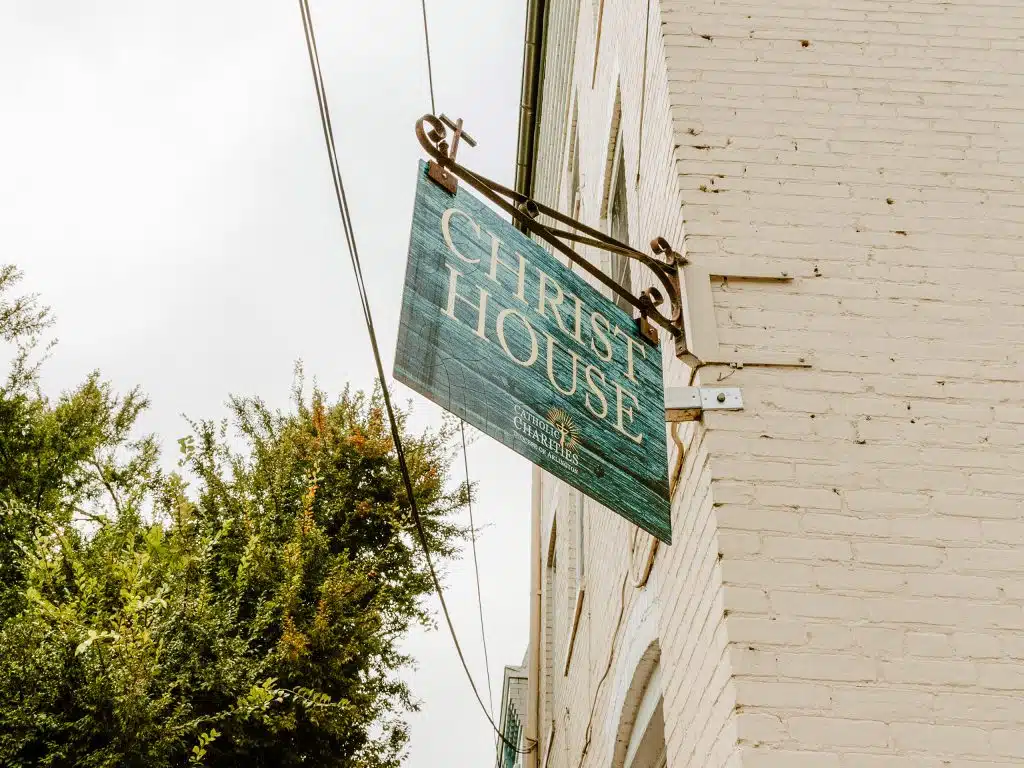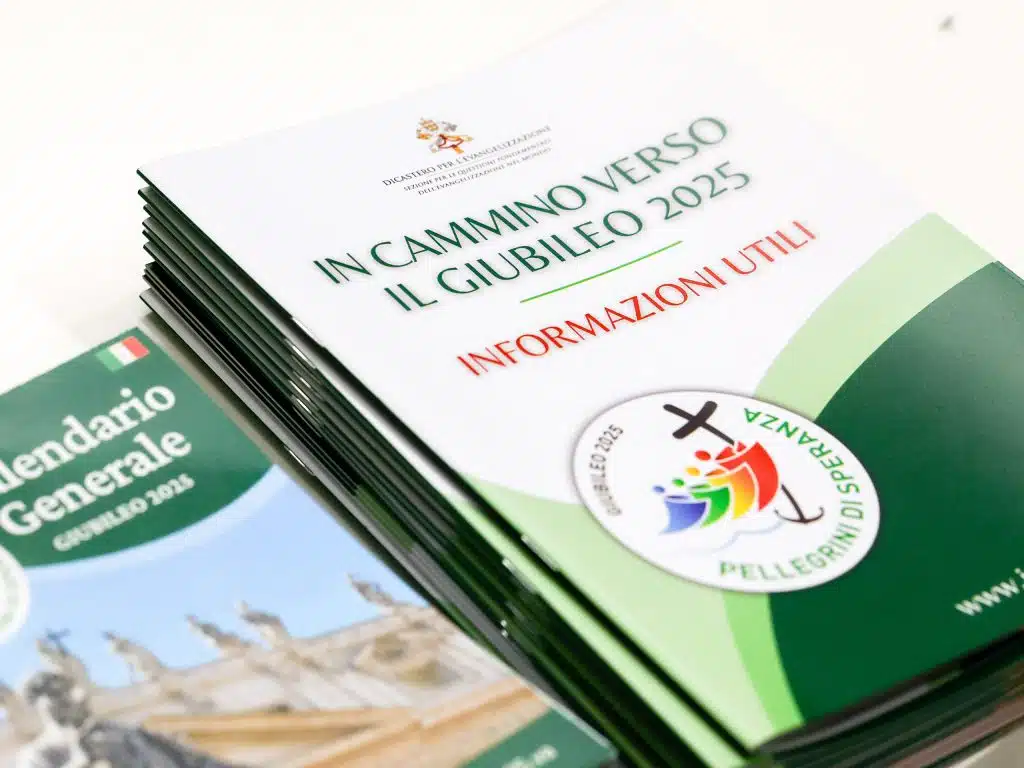Throughout the Church’s history, the time leading up to the annual celebration of Christ’s Passion, Death and Resurrection has been marked with particular focus and attention preparing catechumens for the Sacraments of Initiation: Baptism, Confirmation and the Eucharist. The origins of Lent are complex and varied. In the ancient Church, the core of Lent arose out of three weeks of preparation for initiation, which was most often celebrated at Easter. In Rome, the elect, or those preparing for Baptism, underwent an intensive time of prayer, fasting and catechesis, and all the faithful in the city were instructed to pray and fast along with them. This brought great unity among the faithful and those who soon would be entering into full communion with the Church.
Although the Lenten focus on the Sacraments of initiation decreased over subsequent centuries (at least in the Western Church), the liturgical reforms after the Second Vatican Council restored the practice. The Rite of Christian Initiation of Adults instructs: “During Lent, the faithful should take care to participate in the rites of the scrutinies and presentations” (n. 9.4) in which we, the Church, pray “that these chosen ones may come worthily and wisely” to the sacraments (Collect, First Scrutiny). As with the ancient Roman Church, we too are invited to accompany those preparing for Baptism with our prayer and to join our sacrificial fasting and almsgiving to their preparations. How great would our unity as God’s people be if we were focused on the most fundamental sacraments of the Christian life and accompanied those ready to receive these sacred and most holy gifts?
As you may be aware, this year is the first of two preparatory years, culminating in our 2024 Golden Jubilee celebration. The theme for this year is “Do this in remembrance of me,” which focuses on the Eucharist. This year of the Eucharist draws our attention to the reality that every time we receive the Body and Blood of Jesus Christ, we are renewed in the covenant we enter into through Baptism. The Eucharist is a memorial of the new covenant established by Christ’s Crucifixion, a fact that every Eucharistic Prayer calls to mind: “this is the chalice of my Blood, the Blood of the new and eternal covenant … Do this in memory of me.” Consequently, each time we receive the Eucharist during Lent, we prepare ourselves ever more deeply to renew our Baptismal promises on Easter Sunday. Easter also gives us the opportunity to offer special prayers during the Eucharist for those preparing to enter the “new and eternal covenant.”
Lent, therefore, invites us to join ourselves spiritually with those who will enter that eternal covenant at Easter, as well as to prepare ourselves to renew our own commitment to the new covenant established by Christ by the shedding of his Blood. The Rite of Christian Initiation for Adults reminds us that initiation is “a gradual process that takes place within the community of the faithful” and is a “spiritual journey” (n. 4). While our prayer, fasting and almsgiving during Lent are purifying for ourselves, they are also always for others. Psalm 51:7 reads, “Cleanse me with hyssop, and I shall be pure; wash me, and I shall be whiter than snow.” (Hyssop was traditionally used in herbal medicine as an antiseptic.) Through our acceptance of the grace God gives us through our prayer, fasting and almsgiving, we are purified and strengthened as the Body of Christ and are more prepared to walk with the newly initiated in the journey of the Catholic Faith.
Our Lenten liturgies and acts of penance are clear and constant reminders that the elect do not journey to Baptism, Confirmation and the Eucharist alone but are accompanied by the Church. By actively participating in them, we can offer our prayer, fasting and almsgiving, not only for our own spiritual journey to eternal life, but also with and for those who will enter the new covenant through the font this Easter.



